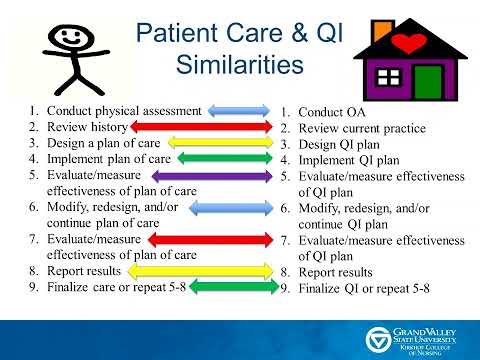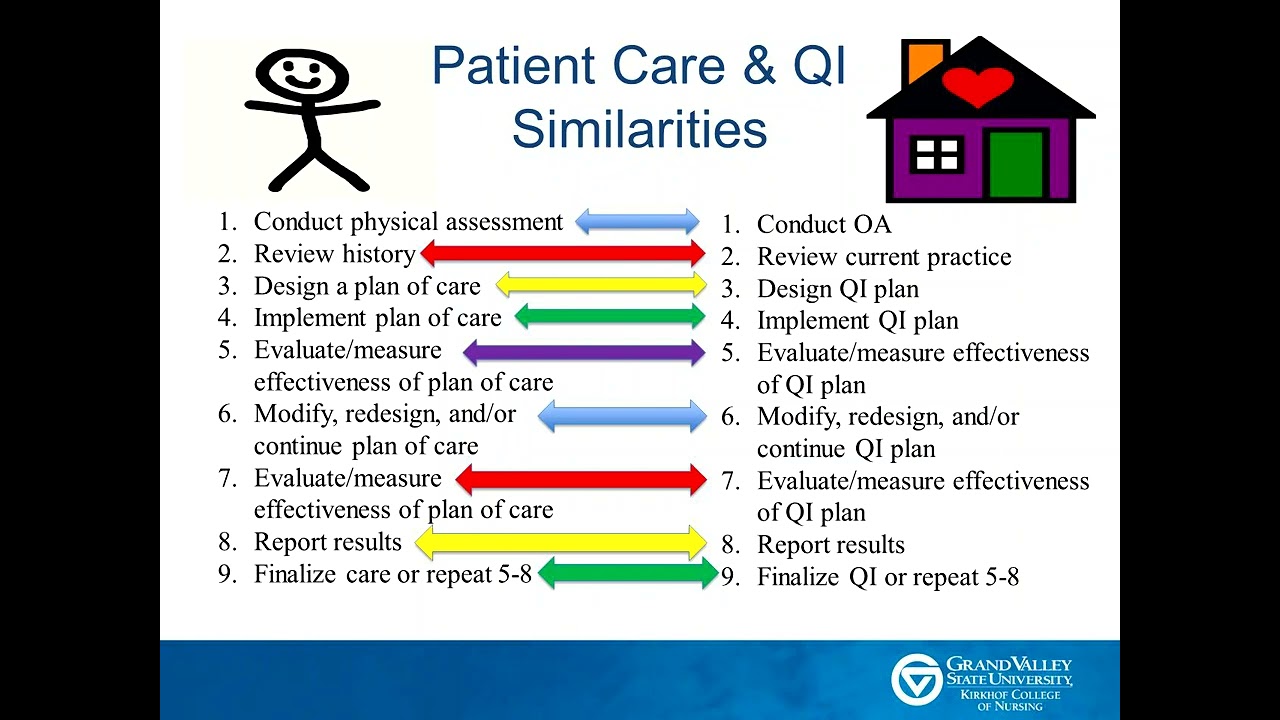Organizational assessment is a powerful tool that allows businesses to gain a comprehensive understanding of their current state and identify areas for improvement. By evaluating various aspects such as structure, processes, culture, and performance, an organizational assessment provides valuable insights that enable companies to optimize their operations and achieve their goals more effectively. This process involves conducting a thorough analysis of internal and external factors, including employee satisfaction, leadership effectiveness, market trends, and competitive landscape. Through organizational assessment, companies can identify opportunities for growth, streamline operations, enhance productivity, and foster innovation. Furthermore, this assessment helps in identifying any gaps or inefficiencies in the organization’s structure, policies, and procedures, paving the way for targeted interventions and strategic decision-making. By gaining a deeper understanding of their strengths and weaknesses, businesses can develop tailored action plans to improve performance, boost employee engagement, and drive sustainable success. Ultimately, an organizational assessment empowers businesses to adapt to changing environments, capitalize on opportunities, and stay ahead in a competitive marketplace.

Organizational Assessment
| Aspect | Description |
|---|---|
| Definition | Organizational assessment is a systematic process of evaluating various aspects of an organization’s structure, operations, and culture to identify strengths, weaknesses, and areas for improvement. It provides valuable insights into the overall health and effectiveness of the organization. |
| Purpose | The main purpose of conducting an organizational assessment is to gain a comprehensive understanding of the organization’s current state and to identify areas that require intervention or change. It helps organizations to align their strategies, improve performance, enhance productivity, and foster a positive work environment. |
| Scope | An organizational assessment typically encompasses multiple dimensions, including leadership effectiveness, employee engagement, organizational culture, communication processes, decision-making structures, resource allocation, and overall performance metrics. It involves gathering data from various sources, such as surveys, interviews, and document analysis, to provide a holistic view of the organization. |
| Process | The process of conducting an organizational assessment involves several stages. It begins with defining the objectives and scope of the assessment, followed by data collection, analysis, and interpretation. The findings are then used to develop actionable recommendations and strategies for organizational improvement. The process may involve collaboration with internal and external stakeholders and may be facilitated by experts or consultants with expertise in organizational development. |
| Benefits | An organizational assessment offers numerous benefits to organizations. It helps identify areas for improvement, enables informed decision-making, enhances organizational effectiveness, promotes employee satisfaction and engagement, supports change management initiatives, and fosters a culture of continuous learning and improvement. It can also serve as a basis for benchmarking against industry best practices and for setting realistic goals and targets. |
Title: Streamlining Organizational Success: Mastering the Assessment Process
Understanding Organizational Assessment: A Comprehensive Guide
Organizational assessment is a crucial tool that helps businesses evaluate and analyze their internal operations, identifying strengths and weaknesses to enhance overall performance and achieve strategic goals. This systematic process provides valuable insights into various aspects of an organization, allowing leaders to make informed decisions and implement necessary changes for sustainable growth. In this article, we will delve into the concept of organizational assessment and explore its significance in today’s dynamic business environment.
The Purpose of Organizational Assessment
Organizational assessment serves multiple purposes, all aimed at improving the efficiency and effectiveness of an organization. Firstly, it helps identify areas of improvement by assessing organizational structure, culture, processes, and systems. This enables leaders to make data-driven decisions, allocate resources effectively, and streamline operations for maximum productivity.
Secondly, an organizational assessment fosters employee engagement and satisfaction. By evaluating factors like leadership, communication, and employee well-being, organizations can create a positive work environment that promotes teamwork, innovation, and employee growth. This, in turn, leads to higher employee retention rates and increased productivity.
Lastly, an assessment helps organizations align their strategies and goals. By evaluating the current state of the organization and comparing it to the desired future state, leaders can identify gaps and develop action plans to bridge them. This ensures that all efforts are directed towards achieving the organization’s long-term objectives.
The Organizational Assessment Process
The organizational assessment process typically involves several key steps that organizations can follow to gain a comprehensive understanding of their current state and areas of improvement. These steps include:
1. Identifying the Assessment Scope: Clearly define the purpose and scope of the assessment. Determine the areas, departments, or processes to be assessed.
2. Collecting Data: Gather relevant data through surveys, interviews, and observations. This data may include employee feedback, performance metrics, financial reports, and customer satisfaction scores.
3. Analyzing Data: Utilize various analytical tools and techniques to evaluate the collected data. Identify patterns, trends, and areas of improvement.
4. Identifying Strengths and Weaknesses: Based on the analysis, identify the organization’s strengths that can be leveraged and weaknesses that need to be addressed.
5. Developing Action Plans: Create action plans to address the identified weaknesses and capitalize on strengths. These plans should be specific, measurable, achievable, relevant, and time-bound (SMART).
The Benefits of Organizational Assessment
Organizational assessment offers numerous benefits to businesses, regardless of their size or industry. Some of the key advantages include:
1. Enhanced Decision Making: By providing accurate and reliable data, an assessment enables leaders to make informed decisions that align with the organization’s strategic goals.
2. Improved Efficiency: Identifying areas of improvement allows organizations to streamline processes, eliminate redundancies, and enhance overall operational efficiency.
3. Increased Employee Engagement: Assessing employee satisfaction and well-being fosters a positive work environment, leading to higher employee engagement, motivation, and productivity.
4. Enhanced Customer Satisfaction: By evaluating customer feedback and satisfaction levels, organizations can identify areas where customer experiences can be improved, leading to higher customer satisfaction and loyalty.
5. Strategic Alignment: Organizational assessment helps align strategies, goals, and resources, ensuring that all efforts are directed towards achieving the organization’s long-term objectives.
Conclusion
Organizational assessment is an invaluable tool that empowers organizations to evaluate their internal processes, identify areas of improvement, and drive organizational growth. By conducting a comprehensive assessment, businesses can enhance decision-making, improve efficiency, increase employee engagement, and align their strategies towards achieving their long-term goals. Embracing the practice of organizational assessment positions businesses for success in today’s highly competitive and ever-evolving business landscape.

